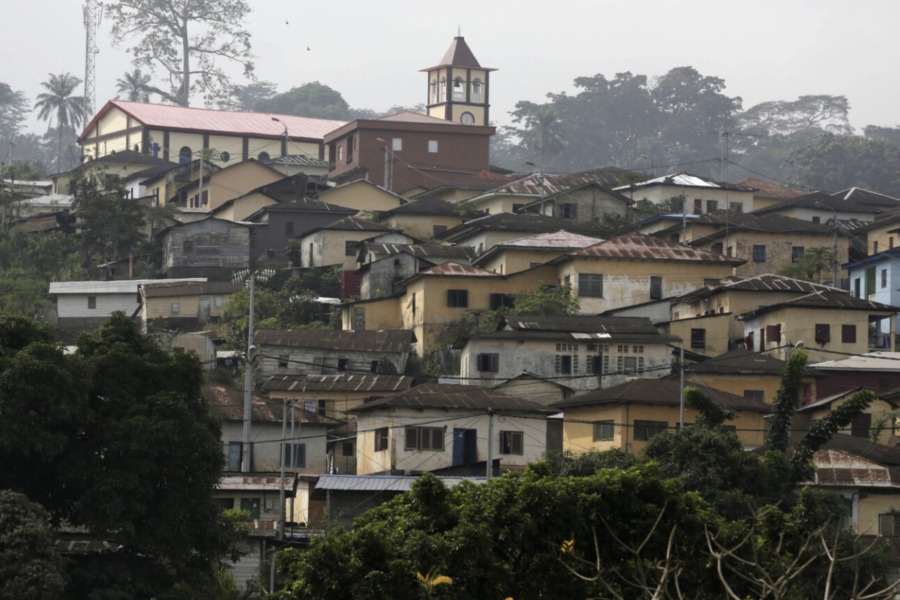The Marburg outbreak in Equatorial Guinea continues to grow, the World Health Organization said Wednesday, as the global health agency stated that it knows of confirmed cases that the country has not yet reported.
To date Equatorial Guinea has acknowledged nine laboratory-confirmed cases, seven of whom have died. In addition, 20 other people with links to the confirmed cases died without being tested; they are considered probable cases. Throughout this outbreak, which is believed to have begun in early January, the government has been slow to release updates; last week the WHO expressed fears there may be undetected chains of transmission.
“WHO is aware of additional cases and we have asked the government to report these cases officially to WHO,” Director-General Tedros Adhanom Ghebreyesus said during the WHO’s weekly press conference. Marburg virus disease is caused by a filovirus, which is the family to which Ebola viruses belong.
Symptoms of infection of Marburg and Ebola are similar, and like the latter, Marburg has a high case fatality rate. But Marburg outbreaks are typically smaller than Ebola outbreaks, with the largest on record encompassing 252 cases, 227 of whom died. The additional cases are laboratory-confirmed, said Abdi Mahamud, WHO’s director of alert and response coordination, though neither he nor Tedros revealed how many additional cases the agency has learned of.
Mahamud suggested the key concern at this point is not the overall number of cases, but the distance over which they are spread. “This outbreak, as it stands, is larger and we may be seeding more provinces,” he said.
The cases that have been reported to date have come from three provinces, spanning a distance of more that 90 miles. Some of the most recent cases have been in Bata, the country’s second-largest city. Bata, with a population of more than 455,000, is a bustling port located on the Gulf of Guinea.
Countries are required to report cases of dangerous diseases that could trigger international outbreaks to the WHO under the International Health Regulations. That treaty states that countries should notify the WHO within 24 hours of confirming a dangerous disease event.
Mike Ryan, executive director of the WHO’s health emergencies program, expressed some exasperation about the reporting delay, saying countries have a responsibility not only to report to the WHO, but to their own people.
“Any delay in releasing information about lab-confirmed cases, especially when it relates to newly affected areas, prevents the process of alerting communities and having them take action to protect themselves and their families,” Ryan said.
“So this is not just a legal requirement of some international law. This is a sovereign and solemn requirement of all states to inform their own people of what is going on in their country, to the best of their knowledge.”
